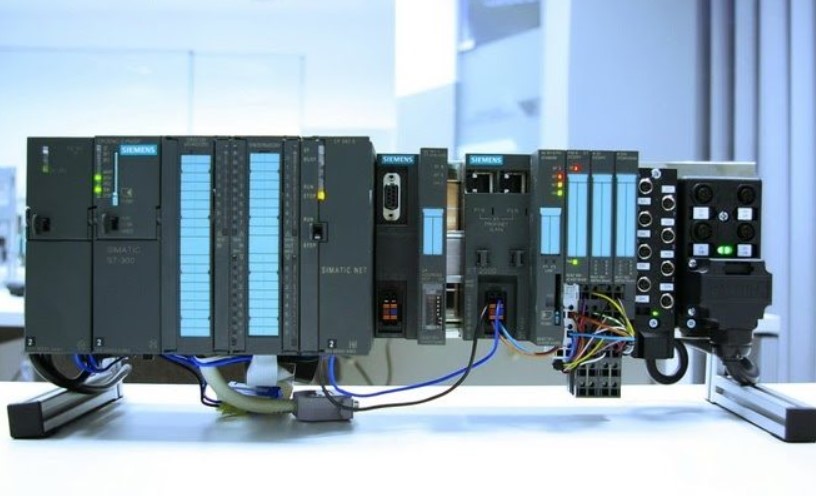
Years of innovation went into making the modern workplace. Processes have been automated, such as chatbots helping to answer customer queries. This helps in serving the customers while also saving both time and money for businesses. The need for workplace automation is becoming more pronounced with each passing day. This makes modern workflows more complex, but it also provides businesses with the tools that they need to serve their customers.
Workplace Automation: What Is It?
Workplace automation involves the use of technology in the application of systems or processes, to do tasks that are predictable or repeatable. This is done without the need for any manual intervention. This helps in speeding up the way work is done, thus increasing both efficiency as well as productivity.
These days, automation at work is largely driven by software. There’s a migration that’s happening where businesses are choosing to adopt tools and applications that are based on the cloud. Big data, APIs, machine learning, as well as AI, have led to advancements in the field of analytics. When businesses invest in workplace automation, they can save countless hours of work, and improve the productivity of their employees as well.
What Are The Benefits Of Workplace Automation?
A PWC survey done in 2021 revealed that nearly 60% of employees in the US believe that developments in tech can improve their own job prospects. But how exactly can workplace automation help make running a business easier?
1. Increased Productivity
Some people find themselves doing repeated mundane tasks throughout the day. These tasks require little effort or skill on their part and generally involve doing the same thing again and again. Reducing the amount of manual work that your employee has to do can free them up to focus on more important tasks.
Employees can choose to do tasks that are of higher value to the business. This can in turn drive innovation and also give businesses a competitive edge. A report released by Zapier in 2021 showed that almost 88% of all small and medium businesses felt that automation helped them compete with much larger businesses. This is because the SMBs were able to move much faster, with the help of workplace automation.

2. Saving Money
When your employees need to spend less time on doing menial tasks, this can increase their productivity, and also save you money. The bonus is that employees can be happier, which can in turn increase their output.
What automation is replacing is the workflows that were repetitive, and to a large extent, mind-numbing. Instead of doing tasks that can easily be automated, employees can focus on doing work that is of high value to the business. Automation allows businesses to move much faster. This makes it so that even small businesses can compete against their larger counterparts.
3. Increased Safety
For any workplace, the safety of the employees is of paramount importance. To make the workplace safe, risks need to be eliminated. If there are dangerous processes involved with work, only trained individuals should be allowed to do those jobs. Everyone in the workplace is benefited when they don’t have to do dangerous tasks anymore. This especially applies to environments that are labor intensive, as well as businesses in the manufacturing industry.
Let’s look at an example. In the last few years, sanitation has become extremely important. Many businesses are making use of robots in order to keep their offices clean. This removes the need for hiring human workers to do the same work. When social distancing was in place a few years back, using automation to do menial tasks was especially helpful.

4. Reducing Human Error
A lot of businesses hire people to take care of menial tasks, like invoicing and data entry. By automating these tasks, businesses can benefit not just themselves but also their employees. This is because when manual tasks are automated, translation errors are less likely. The employee satisfaction level will also increase since they don’t have to do repeated monotonous tasks anymore.
Automating tasks is especially useful for reducing data entry errors. With humans, mistakes can happen from time to time, which can in turn affect business operations. Automate these tasks instead to get the right results each time.
Conclusion
Workplaces can benefit greatly from the automation of their workflows. Use cases for workplace automation are limitless. Automation can be used during an HR screening process, for IT ticket routing, and more. To decide what in your business needs to be automated, look at what your business challenges are alongside your operational bottlenecks. This will show you what aspects of your business you should automate.
Thanks to Dreamstime.com for the amazing automation stock photos.






